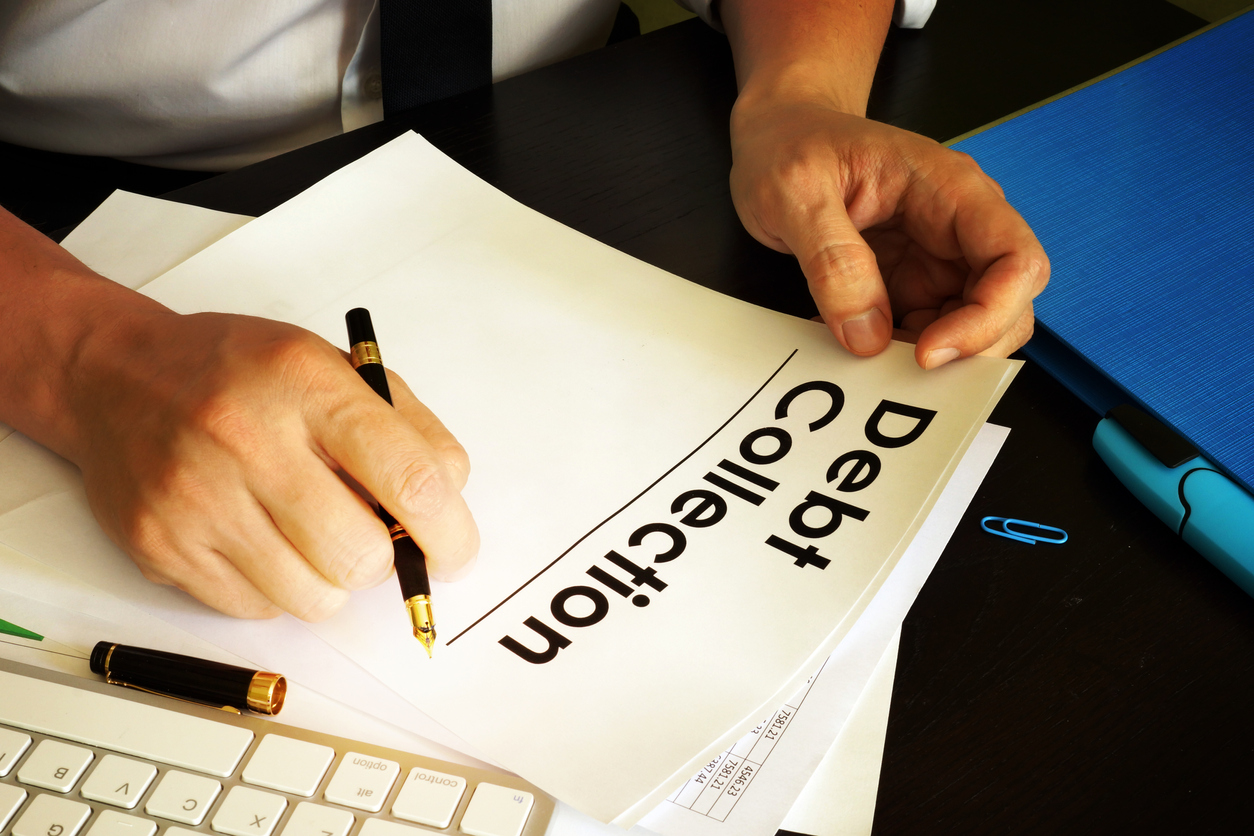
What are my options if I’m owed money? Will I recover it?
In the current economic climate, these are common questions asked by many of our clients.
Let’s assume that you have a good claim.
Initially, you’ll need to consider whether the person (could be a company or an individual) who owes you the money (debtor) has the capacity to repay you. Their capacity to repay could be from:
1. assets/property they own
2. income from their employer
3. cash held in a bank account or
4. assets/property they have since transferred to someone else.
Armed with the above information, we can provide advice on which of the following options are available or more suitable for you:
1. warrants
2. attachment of earnings (take money directly from a debtor’s income)
3. attachment of debt (require bank or other person who owes you money to pay that money directly to you)
4. bankruptcy/winding up
5. lodging a caveat.
The above processes can take time and will incur some cost, but we can manage much of the administration and you’re likely to be better off financially at the end of this process rather than just writing off the debt.
Significantly, we’ve found that a formal letter of demand from our office has been effective in recovering debts. This is often a fast and cost-effective strategy. Our advice is to have this letter sent shortly after your invoice becomes due, rather than let the debtor use those monies earmarked for you to be paid to other suppliers/creditors.
If you would like to learn more about debt recovery letters, including the procedure and our fees, click here.
The content of this article is intended to provide a general guide only. You should seek advice for your specific circumstances.

